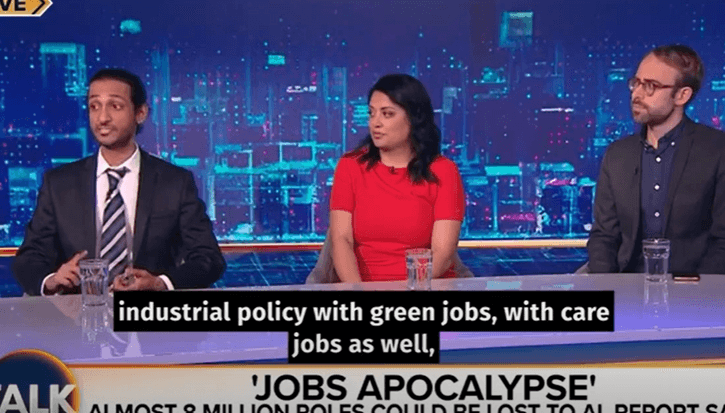A long division: Closing the attainment gap in England's secondary schools
Article
Pupils from deprived areas are about as likely to attend a school rated 'satisfactory' or 'inadequate' as wealthier pupils are likely to attend a school rated 'outstanding'. It is therefore vitally important to improve the quality of schools in England.
But this report shows the government cannot rely on school improvement policies, such as academies and free schools, to narrow the education divide that exists between rich and poor pupils. Even if every pupil in the country attended an outstanding school, the achievement gap between the poorest and wealthiest pupils would only be cut by a fifth. If the education divide is to be closed, we need more focus on interventions such as one-to-one tuition and preschool programmes.
The report examines how the education system in England compares with other countries, including Finland, Canada and Korea. It finds that a large number of very low achievers is holding England back from becoming a world class system. In the world's leading systems 1 in 10 pupils fail to reach basic proficiency in reading. In England that figure is twice as high.
The report recommends a number of measures to reduce the attainment gap and promote both equity and excellence in the education system.
The report provides new data analysis on:
- How much of the achievement gap is a result of what happens at secondary school
- Whether 'school improvement' policies can narrow the attainment gap
- What impact the Pupil Premium and other targeted interventions will have on the attainment gap
- How the attainment gap can be closed using a whole-system approach
Related items

Forging ahead: Deciding the direction of IPPR's Migration Policy Unit
In our last blog post for the Migration Policy Unit we shared our new way of working as we endeavour to be inclusive and transparent in our policymaking process. In this blog we set out what our first and flagship project is for the policy…
Who gets a good deal? Revealing public attitudes to transport in Great Britain
Transport isn’t working. That’s the message from the British public. This is especially true if you’re on a low income, disabled or living in the countryside. The cost of living crisis has exposed the shortcomings of our transport system,…
Bhargav Srinivasa Desikan on TalkTV discussing AI
IPPR's Bhargav Srinivasa Desikan on TalkTV discussing his new report on the impact of generative AI on the UK labour market.